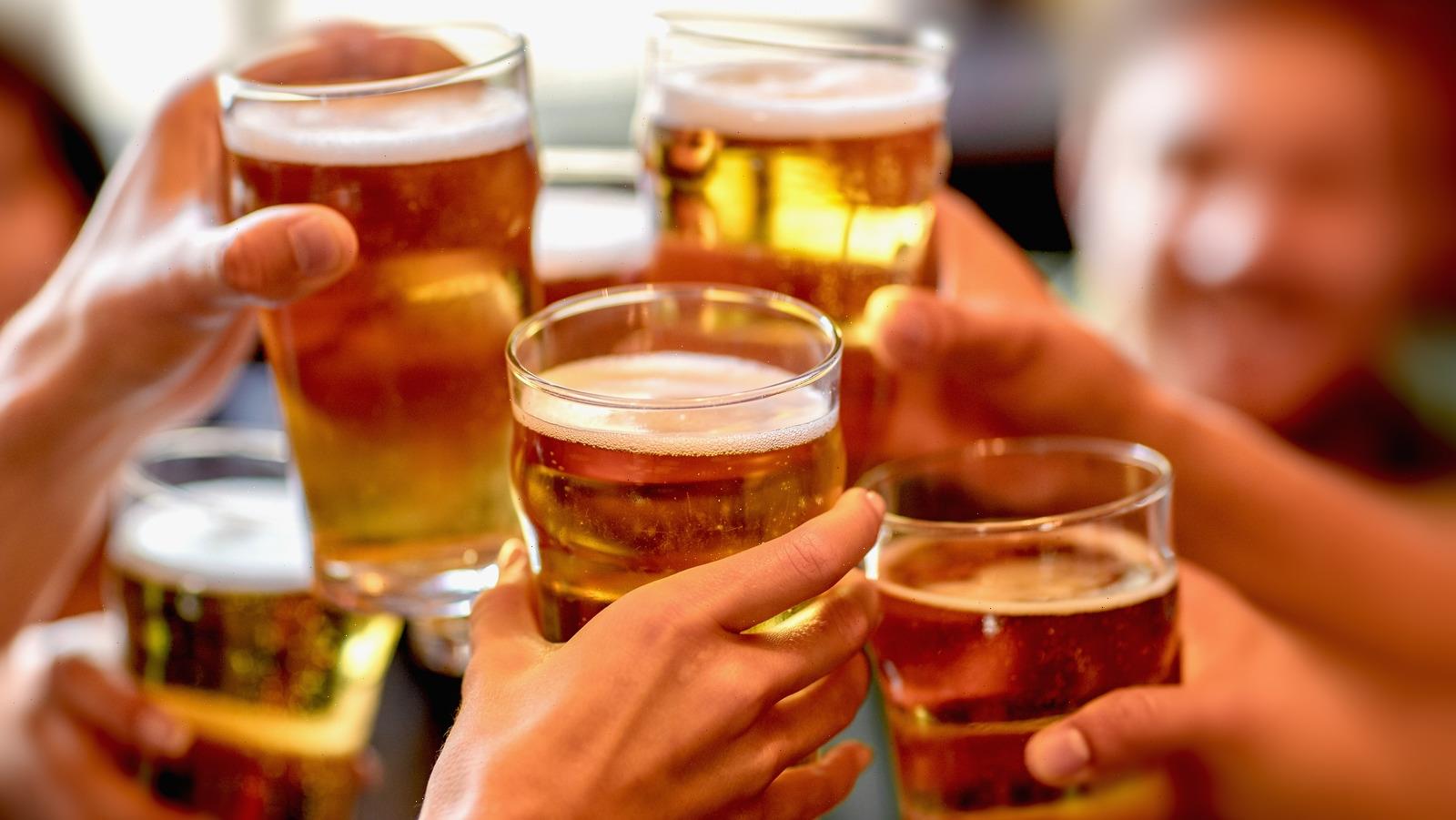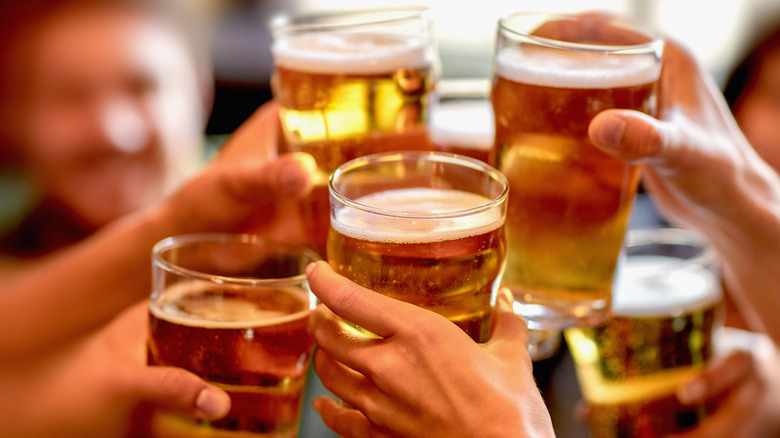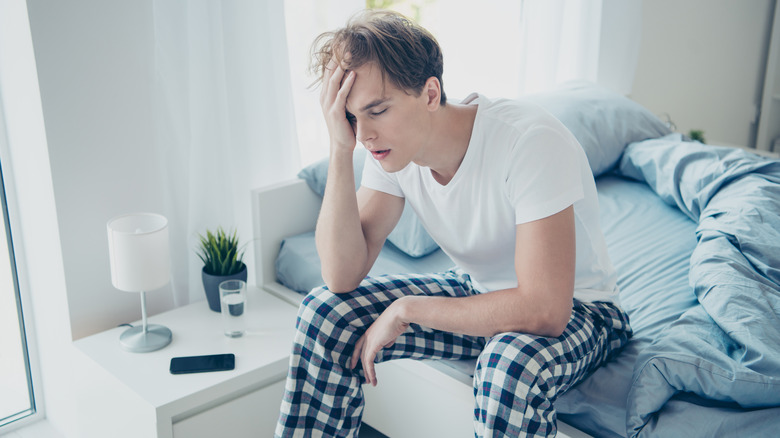Anxiety is among the most common mental illnesses in the world. Especially when combined with alcohol, it can feel overwhelmingly intense and ruin the entire day. If you’ve ever noticed a spike in your anxiety levels after a night out, there’s actually a biological reason for this shift. Just like physical symptoms of a hangover, the mental side effects come from a depletion of various nutrients and hormones within the brain.
Mindbodygreen explains that alcohol can impact your brain chemistry, leading to uncomfortable feelings of worry and melancholy. Clinical psychologist Perpetua Neo, DClinPsy, reveals to the outlet, “Alcohol causes a high level of endorphins to be released, so we’re temporarily depleted of that feel-good neurotransmitter. Meaning the ‘come-down’ feeling can make us uncomfortable and anxious.”
Indeed, Self notes, anxiety is often considered a symptom of alcohol withdrawal. It doesn’t happen to everyone, but it can characterize the morning after for certain people. Furthermore, alcohol molecules can impact other vital brain chemicals such as serotonin and endorphins. Namely, alcohol impacts GABA — increasing its levels in the brain when you start drinking, the outlet reports. An important amino acid that works with relaxation, alcohol brings about a calm feeling by spiking GABA levels. Afterwards, the pendulum can swing in the other direction.
Alcohol impacts your brain chemistry
Essentially, when you stop drinking and wake up the next morning, your body has been readjusting itself after experiencing an uptick in GABA. Your system spent the night bouncing back from reduced activity in the inhibitory system and increased activity in the excitability system — basically, it’s a recipe for anxiety, Self explains.
Of course, there’s also the social side of post-drinking anxiety. If you texted your ex or did something embarrassing, it can create stress the next day. Mindbodygreen cites the lack of inhibitions that a night of heavy drinking can induce as a source of stress — especially if you can’t remember what happened. Luckily, it should only last a day or so.
“Emotionally, if you are feeling guilt, distress, and now judging yourself for your behavior, you may feel out of sorts a while longer. Thoughts and feelings about yourself — particularly if [they’re] negative — can persist for weeks or months if you don’t work to gain an understanding or address how your behaviors may be impacting others,” psychologist Ayanna Abrams, Psy.D. adds.
The outlet suggests deep belly breaths, water and rest as potent remedies for alcohol-induced anxiety. Of course, distraction works wonders and helps you avoid replaying the most embarrassing parts of the night over and over again in your mind. So, get out for a walk, call up a friend or finish up a project to keep your mind occupied and the anxiety at bay.
Source: Read Full Article


